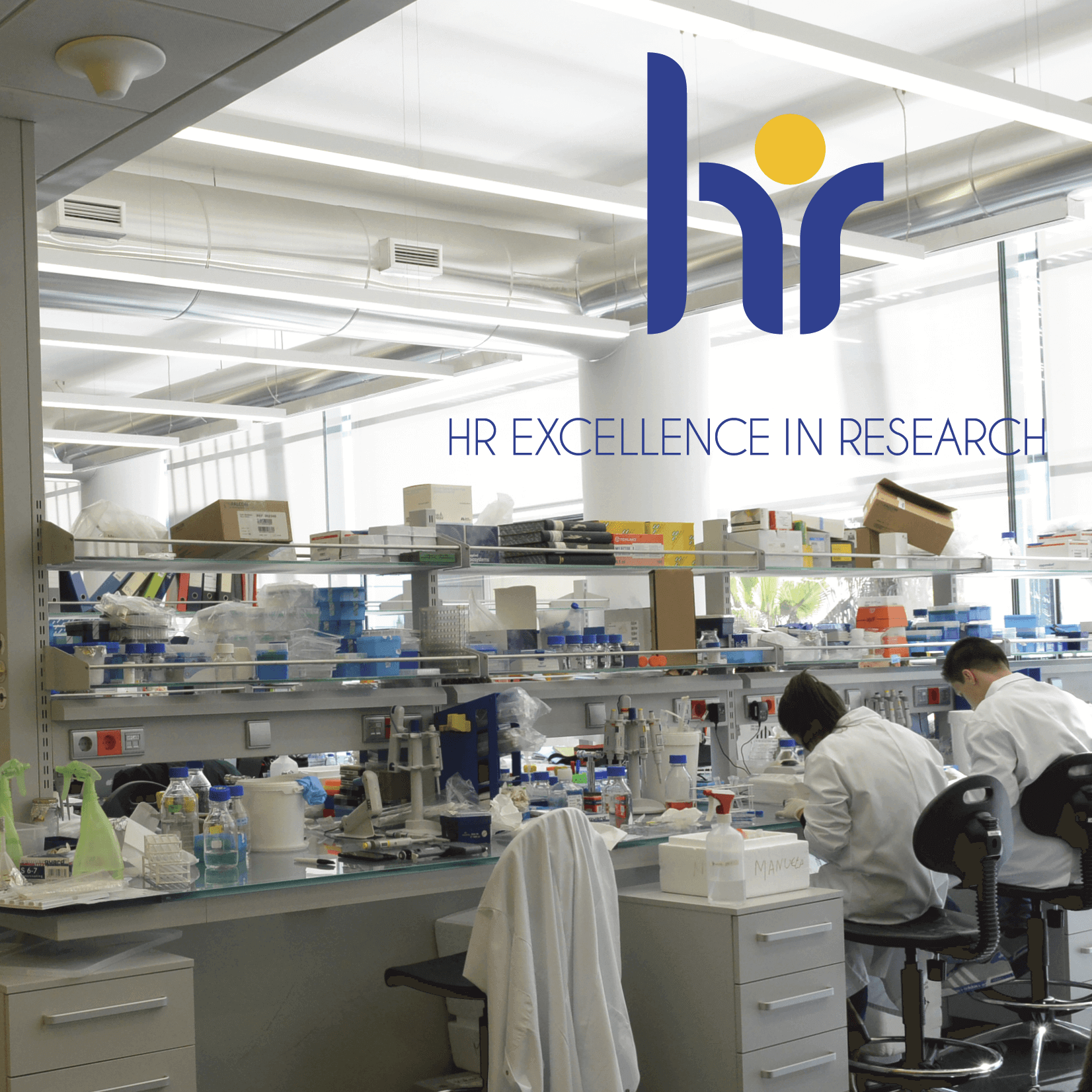01 Oct. 2025

Application Starts: 01 Oct. 2025
The recruitment process for this call is now closed
Champalimaud Foundation is actively looking for a Research Funding Manager. If you are passionate about science and ready to be challenged daily while you help bring some of the most promising research ideas in neuroscience, behaviour, physiology and cancer into reality, this opportunity may be for you.
06 October 2025
Juan Álvaro Gallego
Even though he still contemplates the universe with awe – and confesses that one of his favourite podcasts is Sean Carroll’s Mindscape – his curiosity for systems engineering, robotics, and electronics unexpectedly steered him towards neuroscience.
Juan Alvaro Gallego, an Associate Professor at Imperial College London, has very recently joined the Champalimaud Foundation’s new Centre for Restorative Neuroscience, is set to continue exploring how the brain controls movement, blending fundamental research with cutting-edge technologies.
30 September 2025
Scientists Read Mice’s ‘Thoughts’ From Their Faces
It’s easy to read emotions on people’s faces — each one has its clear, unmistakable signature. But what about thoughts? A study published in Nature Neuroscience shows that mice’s problem-solving strategies can be deciphered from subtle facial movements. According to the authors, this is a proof of concept that the contents of the mind can be read out from video recordings, potentially offering powerful new research and diagnostic tools.
25 September 2025
Molecular Tools Workshop: Empowering the Next Generation of Molecular Biologists
Blending in-depth lectures with guided laboratory sessions, the workshop offered a dynamic introduction to core molecular biology techniques. Participants engaged directly with methods such as RNA extraction, cDNA synthesis, PCR, restriction enzyme digestion, electrophoresis, plasmid DNA isolation, sequence analysis, and experimental design for cloning projects.
By combining expert instruction with hands-on practice, the programme not only reinforced fundamental concepts but also fostered confidence in applying these tools to real-world research challenges.
24 September 2025
Episode 6 - Hurricanes in the Brain: A New Plan for Neuroscience (Part 2)
Nicole explores how moving away from the “domino-chain” view of the brain toward seeing it as a complex dynamical system – full of feedback loops and interactions – is opening doors to exciting new discoveries. They talk about the challenges of measuring brain disorders, why fundamental research is so essential, and how predicting salmon populations can help predict seizures in the brain.
23 September 2025
More than a reflex: how the spine shapes sex
“The spinal cord isn’t just a passive relay station executing brain commands”, says Susana Lima, Principal Investigator of CF’s Neuroethology Lab and senior author of the study. “It integrates sensory inputs, responds to arousal, and adjusts its output based on the animal’s internal state. It’s much more sophisticated than we imagined”.
11 September 2025
Episode 6 - Hurricanes in the Brain: Why Cures Elude (Part 1)
Nicole asks a provocative question: what if treating brain disorders is less like replacing a broken part in a machine, and more like trying to redirect a hurricane? Nicole argues that only by embracing the brain as a complex adaptive system can we hope to make real progress.
Champalimaud Open Seminar (COpS)
Effective Neural Dynamical System
Memming Park (Neural Dynamics Lab)
Moderation
Klaas van Gisbergen (Tissue Immunity Lab)
Venue
Champalimaud Foundation Auditorium
Registration
Please register via this link.

